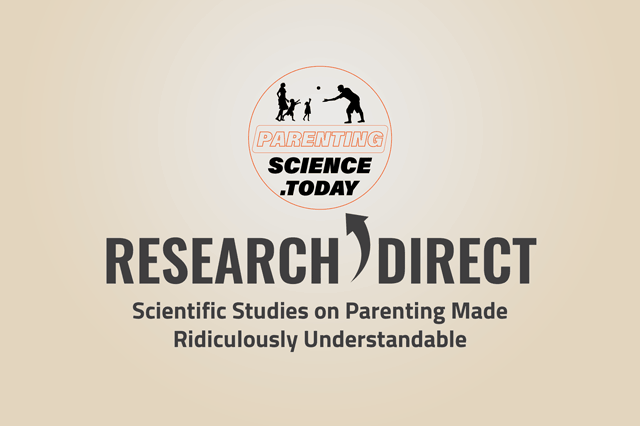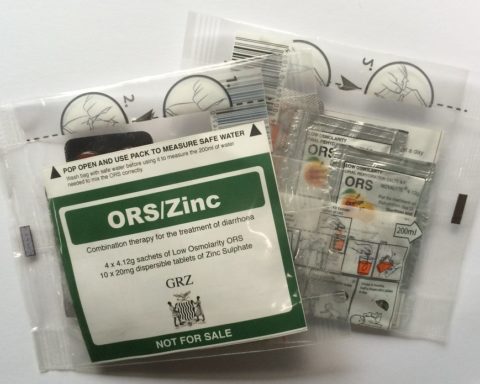Browse Category
Research Findings - Page 3
Science-based parenting advice is particularly helpful for parents who are looking for scientific and empirical advice for their parenting practice as opposed to opinions and experimentations. Every article of this Research Findings category is a summary of a specific scientific paper in layman language.
So, use the information given in this section on Research Findings to learn the latest scientific determinations related to parenting and pediatrics, so that you are able to practice responsive parenting with your child.
Parenting is a novel and mysterious experience not only for new parents but sometimes for those who welcome their second and third child even. This is because every baby is different from the other. Therefore, it is very common as well as a sensible approach for parents to seek help, advice, and reassurance from the internet about what constitutes as ‘normal’ and ‘acceptable’ behavior in their children.
There is tons of information out of the internet in the shape of parental websites, parenting forums as well as research findings from academic and scientific articles on parenting and pediatrics.










Follow Me